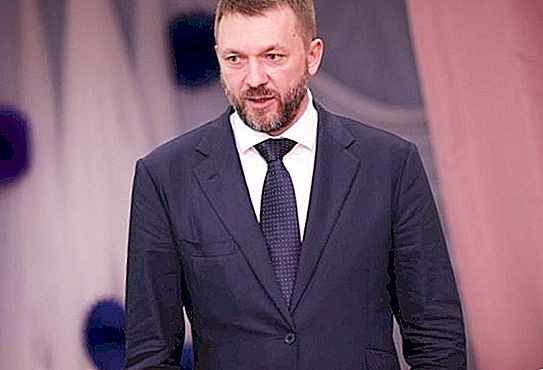The word "komplot" sounds unusual even for many native speakers of the Russian language. What does it mean?
Meaning of the word “complot”
Dictionaries define this mysterious word as a criminal union. In a narrower sense, “komplot” is a conspiracy against someone with criminal purposes. As etymological sources of the word, foreign analogues are mentioned: German Komplott and French complot. In the corresponding transcriptions, it is also present in the dictionaries of English and Spanish.

"Intergovernmental", "secret", "komplot against the emperor", "against revolution" - these are examples of the compatibility of the word.
Unfamiliar paronymy
The word "komplot" has a so-called "false brother, " or paronym. Paronyms are words that are characterized by partial sound similarity and at the same time partial or absolute semantic difference. “Komplot” and “compote”, “broth” and “brulion”, “subscriber” and “subscription” - these are examples of “false brothers”, the confusion of which is a gross lexical mistake. If such a mixture occurs, it creates a noticeable comic effect.
For example, a few months ago, a number of online news publications reprinted curious news. The Russian Prime Minister, critically commenting on the film of the Anti-Corruption Fund and, in particular, the accusations against him, called the investigation entitled "He is not Dimon" like a compote. This led to the deployment of a whole flash mob in social networks, in which users competed in wit, posting comments and pictures about the words of a high-ranking speaker. In particular, a large number of ironic comments were collected by the joke of the well-known advocate Ilya Novikov that the speechwriters of the prime minister know that “komplot” is not “kompot”, but he himself is not.
Mysterious Paromonasia
Moreover, the deliberate juxtaposition of the two paronyms is no longer a lexical mistake, but a literary device with the unpronounceable name "paronomasia". It is paronomasia that creates the feeling of a pun, so beloved by witty sharks of a pen. A good example is a quote from a speech by V.V. Mayakovsky about criticism of V.P. Polonsky: "I got into a komplot, like a fly in a compote."




